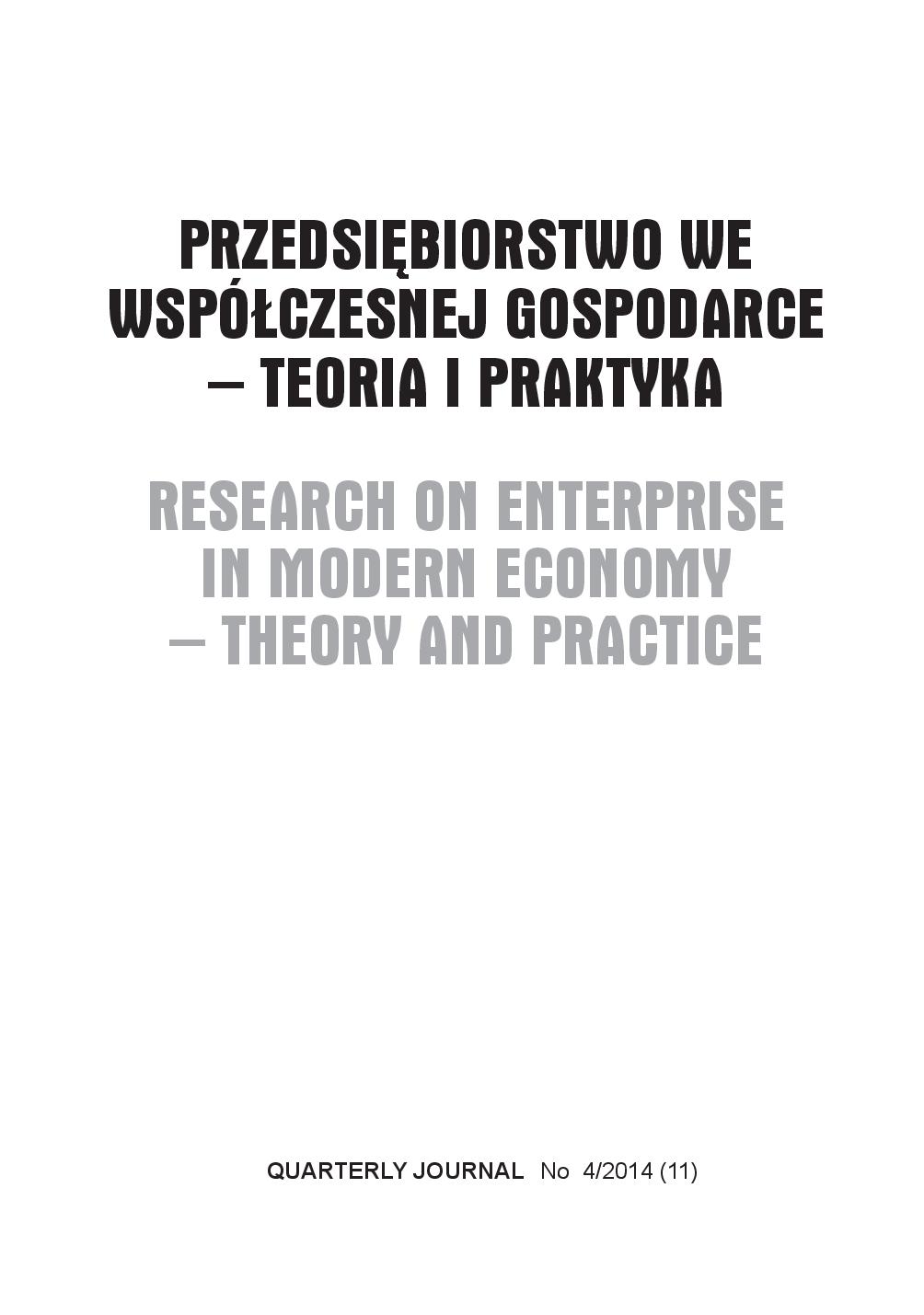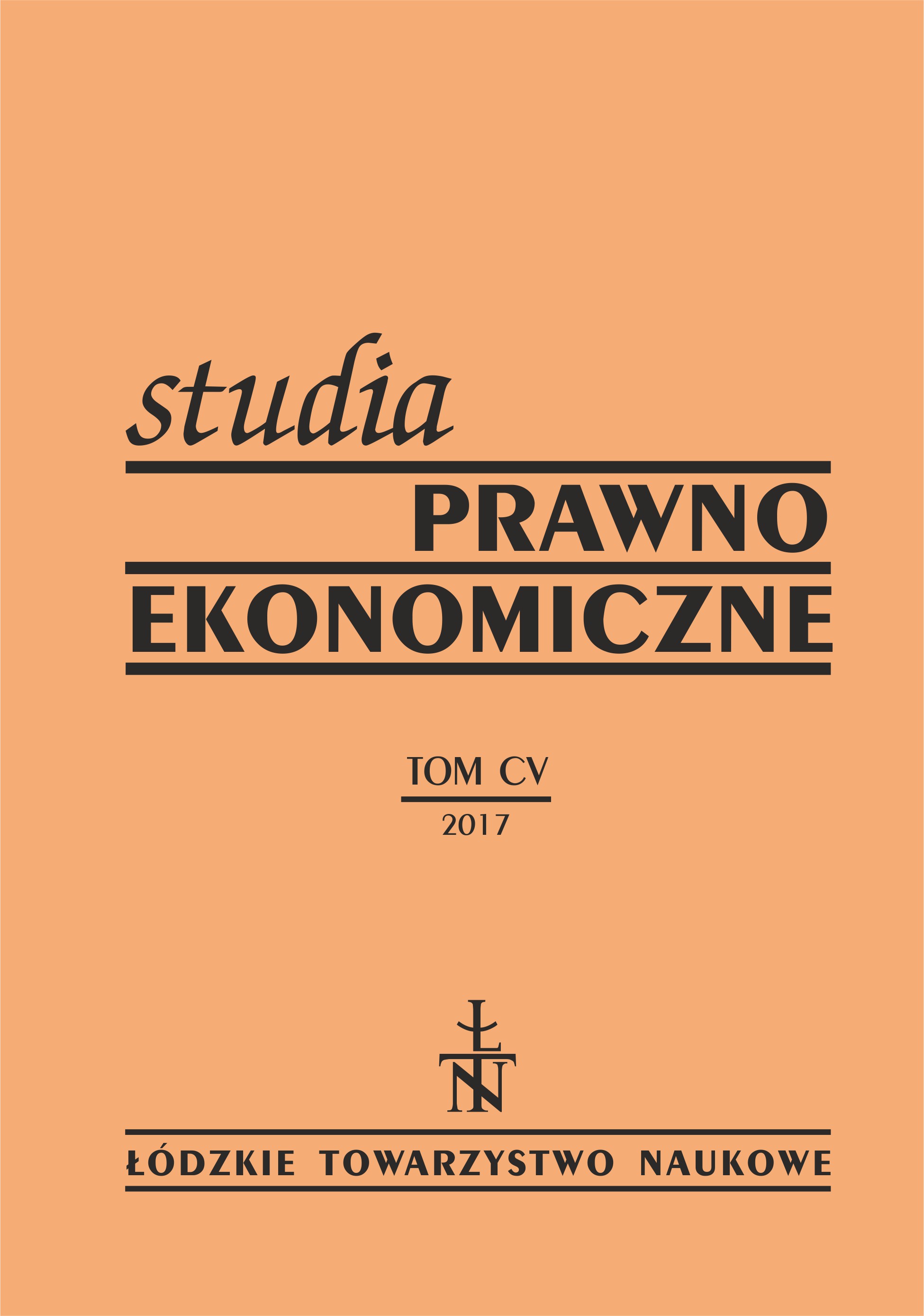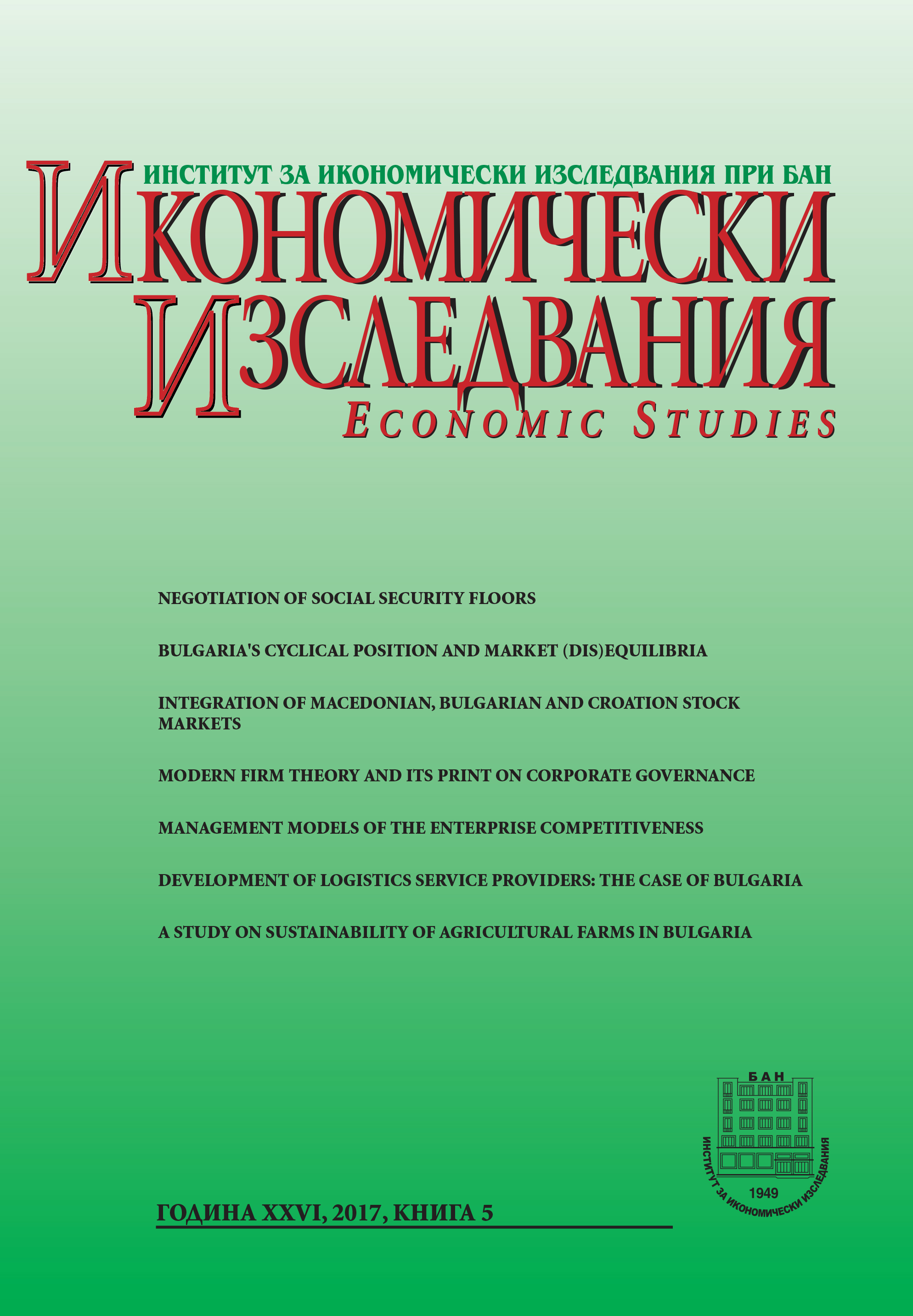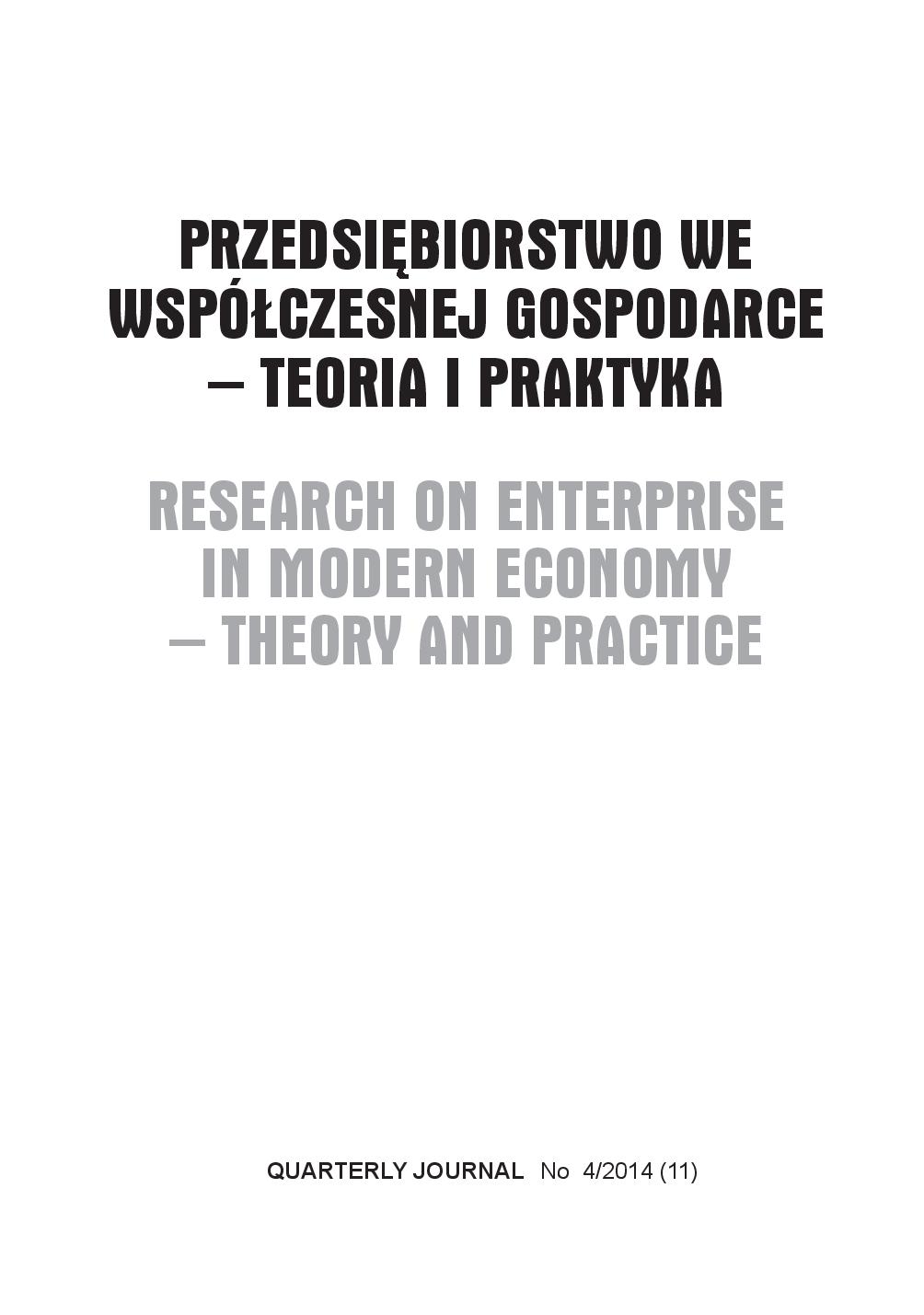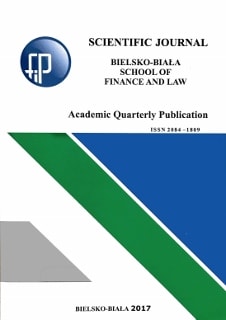
Risk Related to Investing in Encumbered Real Estate
The aim of the paper is to underline the risks associated with investing in the so called encumbered real properties, that is the risk involved in purchase of a real property with tenants, easement of passage or transmission, a latent legal defect, being a historical property, property at a bailiff’s auction, or divested by a debtor.
More...
